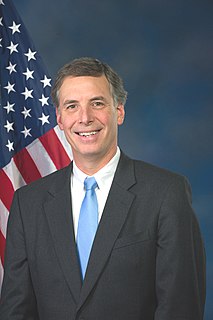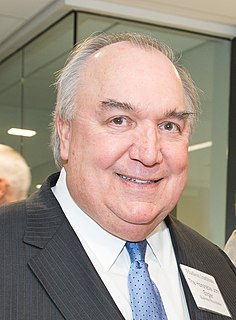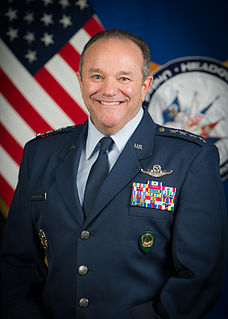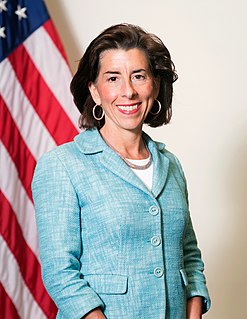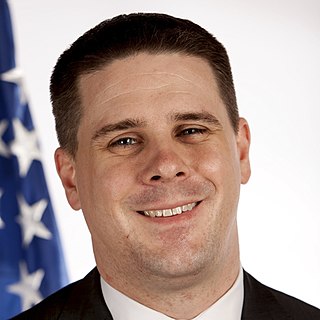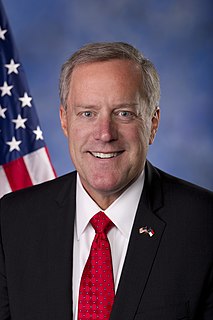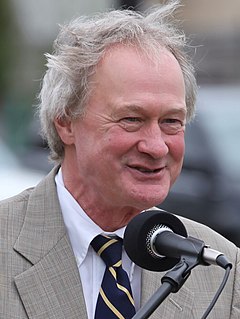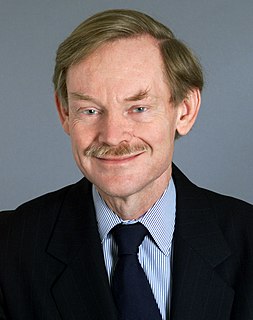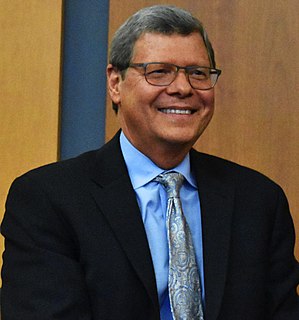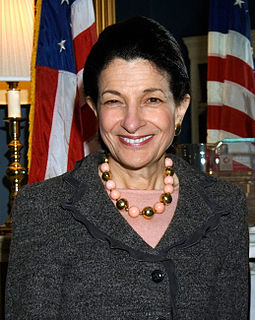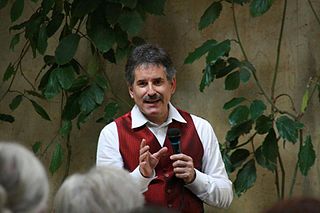Top 1200 Executive Branch Quotes & Sayings
Explore popular Executive Branch quotes.
Last updated on April 14, 2025.
Thanks to presidential immunity and executive control of the Justice Department, there are no consequences to executive branch lawbreaking. And when it comes to presidential lawbreaking, the sitting president could literally strangle someone to death on national television and meet with no consequences.
In recent years, Republicans have argued that Congress is a more responsible policymaker than the executive branch. But when it comes to regulation, Congress is often much worse, and for just one reason: Executive agencies almost always focus on both costs and benefits, and Congress usually doesn't.
There is no part of the executive branch that more exists on the outer edge of executive prerogative than the American intelligence community - the intelligence community, CIA, covert action. My literal responsibility as director of CIA with regard to covert action was to inform the Congress - not to seek their approval, to inform.
People at civil-liberties organizations say it's a sea change, and that it's very clear judges have begun to question more critically assertions made by the executive. Even though it seems so obvious now, it is extraordinary in the context of the last decade, because courts had simply said they were not the best branch to adjudicate these claims - which is completely wrong, because they are the only nonpolitical branch. They are the branch that is specifically charged with deciding issues that cannot be impartially decided by politicians.
President Obama's biggest advocates believe that Americans are ready to embrace his vision for the United States: a less muscular America on the world stage, an America with a more controlling executive branch and less conflict in the legislative branch, an America in which the government takes care of us, be we Pajama Boys or Julias.
People assume that the executive branch has more power than it actually has. Only the legislative branch can create the laws; the executive branch cannot create the laws. So, if the executive branch tries to create a branch one side or the other... you go back to the founders of the nation. They set up a system that ensures that it doesn't happen.
